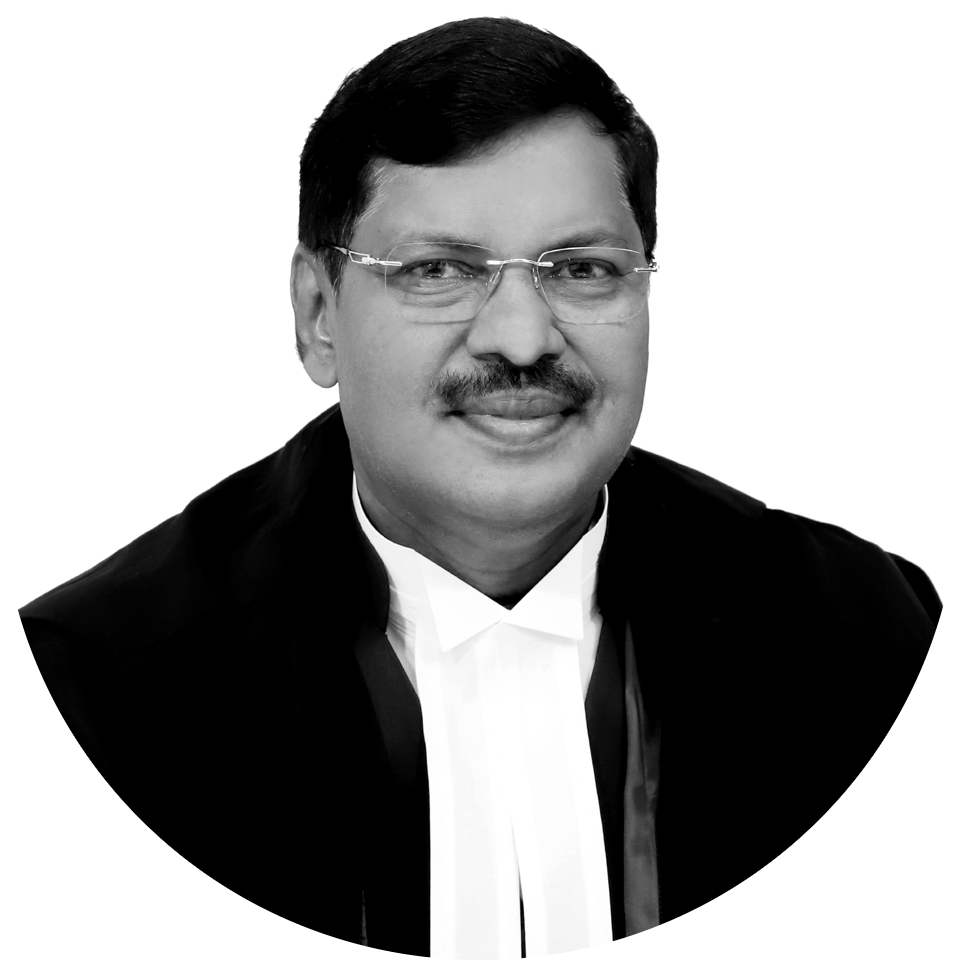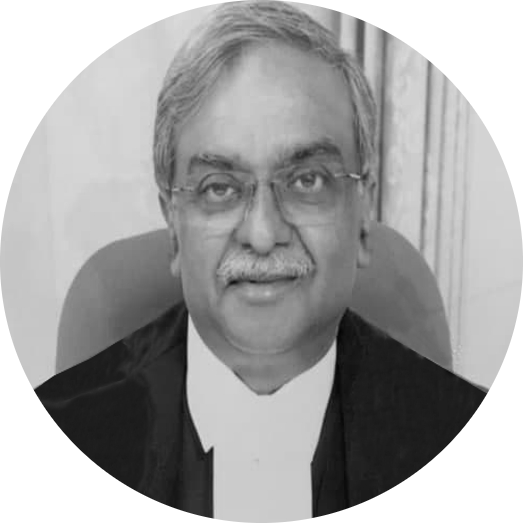Challenge to Tenure Extension of CBI and ED Directors
Dr. Jaya Thakur v Union of India
Citation: 2023 INSC 616
The Supreme Court upheld Central Vigilance Commission (Amendment) Act, 2021, and the Delhi Special Police Establishment (Amendment) Act, 2021, which allow the Union to extend the tenure of CBI and ED Directors. The Bench held that the extensions granted to Sanjay Kumar Mishra was illegal, and contrary its 2021 Judgement.
Decided
Parties
Petitioner: Mahua Moitra; Saket Gokhale; Randeep Singh Surjewala; Manohar Lal Sharma; Jaya Thakur
Lawyers: Anoop G. Chaudhary, Sr. Adv.; Nupur Kumar; Gopal Shankaranarayanan; Abhishek Manu Singhvi; Basava Prabhu Patil
Respondent: Union of India; Enforcement Directorate; Sanjay Kumar Mishra; Central Bureau of Investigation.
Lawyers: Solicitor General Tushar Mehta; S.V. Raju, A.S.G.; Shashank Ratnoo, Adv.; Prashant Bhushan, Adv
Amicus Curiae: Mr. K.V. Viswanathan
Lawyers:
Case Details
Case Number: WP (C) 456/2022
Next Hearing:
Last Updated: September 14, 2023
Key Issues
Are the Amendments contrary to the SC’s decision in Common Cause v Union of India (2021)?
Do the Amendments threaten the independence of the investigative bodies namely the CBI and the ED?
Can the legislature make a law to extend Mr. Mishra’s tenure, in direct contravention to an SC Order that specifically prohibits any extensions for him?
Do the Amendments violate the principles of fair trial and fair investigation guaranteed under the Rights to Equality and Life?
Case Description
On November 14th, 2021, the President of India passed the Delhi Special Police Establishment (Amendment) Ordinance, 2021, and the Central Vigilance Commission (Amendment) Ordinance, 2021. These Ordinances permit the extension of the tenures of the directors of the Central Bureau of Investigation (CBI) and the Enforcement Directorate (ED) by amending the Delhi Special Police Establishment Act, 1946 (DSPE Act) and the Central Vigilance Commission Act, 2003 (CVC Act).
The Ordinances were passed without Parliamentary approval, three days before the incumbent ED director, Mr. Sanjay Kumar Mishra, was meant to retire. Mr. Mishra’s tenure was promptly extended by a year on November 17th, 2021. Curiously, a Parliamentary session was scheduled to take place two weeks later, on November 29th.
Both Acts explicitly state that the directors’ tenures should be for ‘not less than two years’. In Common Cause v Union of India (2021) the Supreme Court heard a challenge to the extension of Mr. Mishra’s tenure as ED director for an additional year after his initial two-year tenure expired. The SC held that extensions could be granted in ‘rare and exceptional cases’ for a short period of time. However, they made it clear that no further extension was to be granted to Mr. Mishra.
The Ordinances allow up to 3 one-year extensions of the CBI and ED director’s tenure. On November 18th, 2021, Mahua Moitra, a Member of Parliament from the All India Trinamool Congress (TMC), and Congress Leader Randeep Singh Surjewala filed petitions at the SC challenging the Ordinances. They argued that the Ordinances overrode and were contrary to the Court’s decision in Common Cause and extend Mr. Mishra’s tenure.
Further, Ms. Moitra claims that the Ordinances give the Union significant control over the tenure of the directors which would interfere with the independence of the CBI and the ED. This would violate the principles of fair investigation and fair trial that are constitutionally guaranteed under the Rights to Equality and Life.
On December 14th, 2021, Parliament enacted the Central Vigilance Commission (Amendment) Act, 2021, and the Delhi Special Police Establishment (Amendment) Act, 2021. These Amendments confirmed the provisions for tenure extension that were first passed through the Ordinances.
While the case remains pending at the SC, the agency under ED director Sanjay Kumar Mishra’s stewardship has arrested several leaders from Opposition parties including Lok Sabha Member Karti Chidambaram and Karnataka Congress President D.K. Shivkumar. On July 27th, 2022 the SC upheld the wide and unchecked investigatory powers granted to the ED under the Prevention of Money Laundering Act, 2002.
On July 13th, 2022, Congress leader Jaya Thakur, who was among those who challenged the Ordinances, asked the Court to list the challenges to the Amendments, which the SC agreed to. On August 2nd, 2022, a 3-Judge Bench comprising Chief Justice N.V. Ramana, and Justices Krishna Murari and Hima Kohli issued notice to the Union government to respond to the challenges.
On March 23rd, 2023, a 3-Judge Bench led by Justice B.R. Gavai heard the arguments of the petitioners and Mr. K.V. Viswanathan – the Amicus Curiae appointed for the case. The petitioners stated that the tenure extension orders as well as the Ordinances of the President were illegal as they contradicted the Mandamus previously issued by the SC. They stated that this compromised the independence and diluted the insulation of autonomous bodies. The Amicus, Mr. K.V. Viswanathan also opined that the extension orders as well as the Ordinances that followed were detrimental to the rule of law.
On July 11th 2023, the Bench upheld the CVC and DSPE Amendments, on the ground that the legislature was competent to introduce these laws, they did not violate any fundamental right, and that it had sufficient safeguards to insulate the CBI and ED from Executive pressures. However, the Supreme Court held that the tenure extensions granted to S.K. Mishra were illegal. The Bench permitted him to serve a tenure till July 31st, 2023, while the Union finds a candidate to fill the Director’s position.



